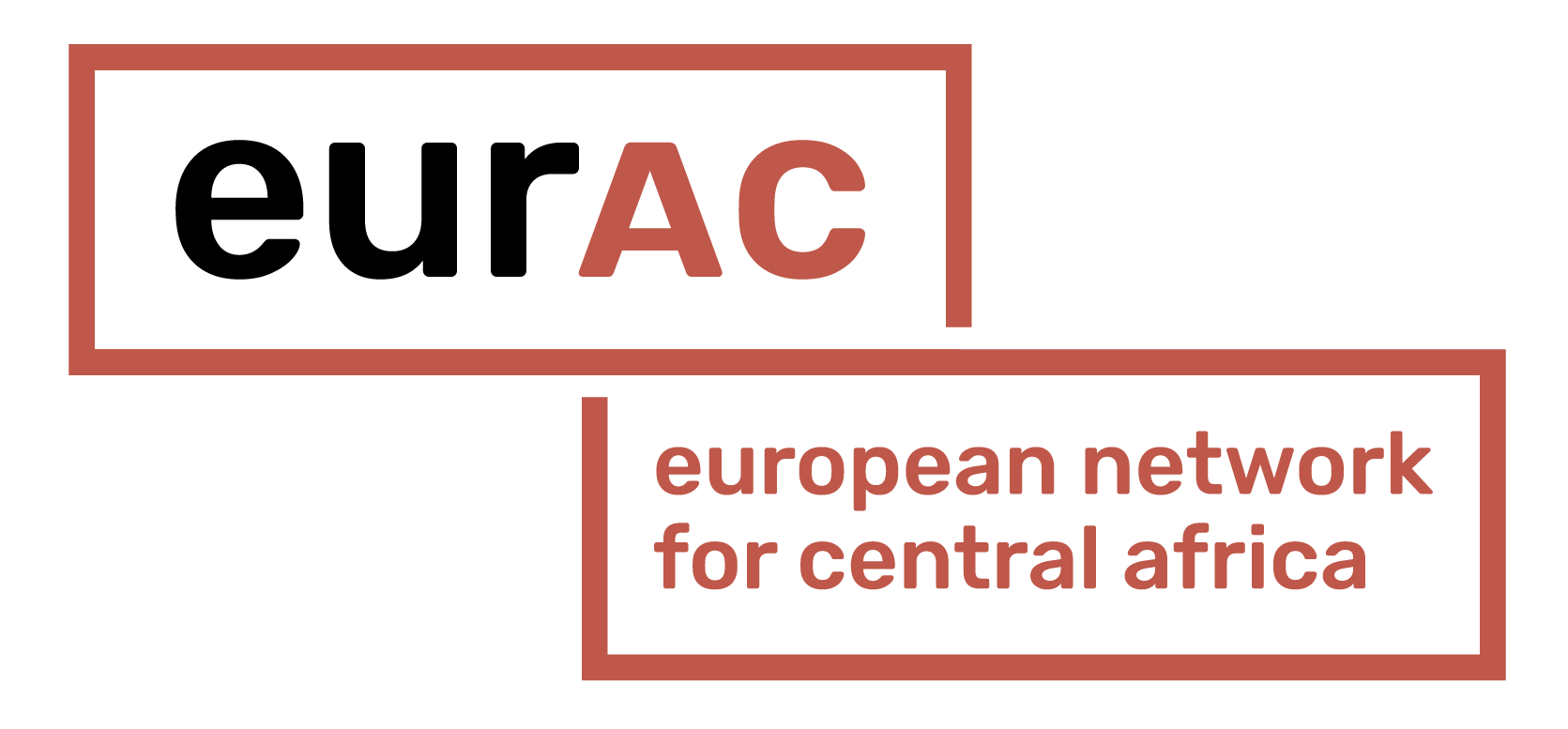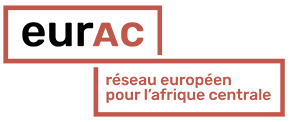Press Release - New report shows diverging implementation of the European Conflict Minerals Regulation across EU Member States
Today, a Coalition of European NGOs working on responsible mineral sourcing have published a review paper discussing the state of implementation of the European Conflict Minerals Regulation across European Union (EU) Member States. The report highlights the shortcomings of the Regulation and the general lack of transparency that hinders effective and efficient monitoring of companies.
The European Conflict Minerals Regulation, also called the Regulation on Responsible Sourcing of Minerals, entered into full force on January 1st, 2021. By now, each EU Member State should have set up a Competent Authority and specified the rules of surveillance of implementation at national level. However, the implementation progress varies greatly from one country to another. The report offers a comparison of the implementation process across EU Member States,[1] allowing to identify who the frontrunners are. Austria and the Czech Republic are the best performers regarding transparency, while Finland and the Netherlands do not go as far but also have interesting provisions, and some other Members States lag far behind.
The adoption of the legislation offers an important step towards limiting the import of 3TG minerals[2] into the EU. However, it is important to keep in mind that this legislation is the outcome of complex and lengthy negotiations, which resulted in political compromises, leading to several risks affecting its effectiveness. These shortcomings could be used by companies to avoid obligations and not comply with the provision of the Regulation.
The NGO coalition highlights the mains risks at stake. The missing obligation within the Regulation towards sanctions and the divergent implementation of the law regarding control mechanisms or sanctions is of great concern for civil society actors. It is feared that the final impact of the legislation will be undermined by these fluctuations and lack in enforcement mechanisms like sanctions. As underlined by Clara Debeve, director of EurAc: “it is crucial that the decision-makers keep in mind the political objective behind the regulation. This involves strong enforcement mechanism and less room for interpretation of the Regulation by Member States.”
Another severe shortcoming is the lack of transparency over which company falls under the Regulation and the actual ability to link upstream production with the EU imports. “As there is currently no public list of European companies’ imports and companies falling under the Regulation in most countries, it becomes very difficult for European civil society organisations and their partners from producing countries to raise concerns to their national Competent Authorities when they observe irregularities on the ground”, explains Clara Debeve.
Finally, the application of volume import thresholds risks excluding the riskiest imports and lead to possibilities for companies to bypass the Regulation.
The coalition of NGOs lists a series of preliminary recommendations ahead of the official review process that the European Commission will first conduct on January 1, 2023.
The EU Conflict Minerals Regulation was adopted in 2017. According to the European Commission, due diligence obligations under the Regulation are estimated to apply to 600 to 1,000 Union importers. The main objective of the regulation is to disrupt the nexus between minerals extraction and trading on the one hand, and violent conflicts, corruption, and structural fragility on the other. As recent publications have abundantly shown, despite the important source of development that it could be, the upstream exploitation and trade of minerals have been drivers of human rights violations and large-scale corruption, and have undermined the rule of law and democratic development in producing countries.
Read the report:
Contact
General
- Clara Debeve | EurAc | Director | clara.debeve@eurac-network.org
- Daniela Bishop | EurAc | Communications Officer | daniela.bishop@eurac-network.org
By country
- Austria: DKA | Herbert Wasserbauer | Herbert.Wasserbauer@dka.at
- Belgium: Justice et Paix | Larisa Stanciu | larisa.stanciu@justicepaix.be
- Germany: German Watch | Johanna Sydow | sydow@germanwatch.org
- Italy: FOCSIV | Francesca Novella | f.novella@focsiv.it
- Netherlands: PAX Netherlands | Marianne Moor | Moor@paxforpeace.nl
- Spain: Arcores | Javier Sánchez | javier@arcores.org
- Sweden: PMU | Mikael Jägerskog | mikael.jagerskog@pmu.se
The European NGO Coalition on Conflict Minerals
- Alboan (Spain)
- Diakonia (Sweden)
- Dreikönigsaktion (Austria)
- Justice & Paix (Belgium)
- Justicia Y Paz (Spain)
- OENZ (Germany)
- EurAc (European network)
- Fairtrade (Luxembourg)
- Finnwatch (Finland)
- PAX (the Netherlands)
- Powershift (Germany)
- PMU (Sweden)
- FOCSIV (Italy)
- Germanwatch (Germany)
- IPIS (Belgium)
- Redes (Spain)
[1] The analysis encompasses the following countries: Austria, Belgium, Bulgaria, the Czech Republic, Denmark, Finland, France, Germany, Ireland, Italy, Luxembourg, the Netherlands, Poland, Spain, and Sweden. It also includes analyses from UK (for implementation in the Northern Ireland) and non-EU countries, namely Switzerland and Norway, regarding their national due diligence legislation.
[2] Tin, Tantalum, Tungsten and Gold.

